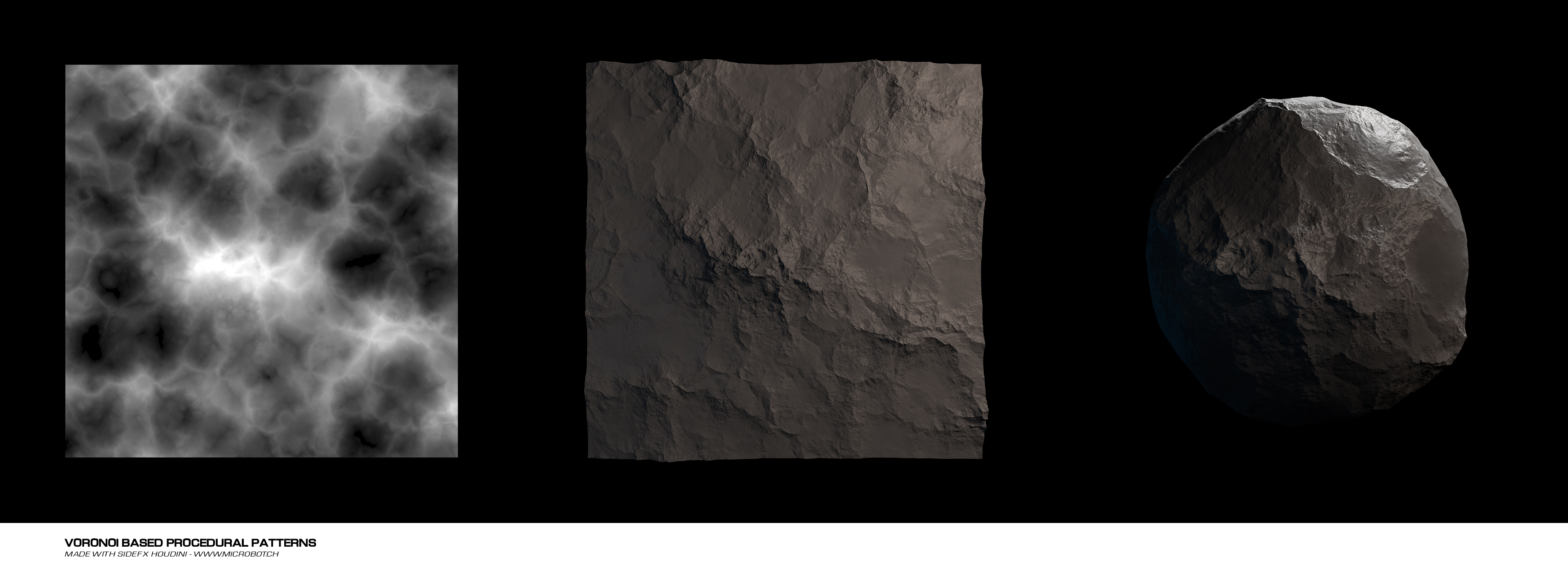Hello,
I need to use the Unified Noise output and remap it to specific new ranges.
The problem is that I don't know what are the bounds of the different ‘unified noises’.
Without this information I can't really do a precise a remap, right?
Only piece of information I could find about the noise ranges is
here [
www.sidefx.com], but those values don't seem to apply to the Unified Noises.
Example: the sparse convolution in the Turbolent Noise is said to be in range (-1.7, 1.7), but this is a range that I clearly not see in the Sparse Convolution of the Unified Noise.
Anybody has the real values?
Otherwise I should go empirical by offsetting the different noises along the time in a solver and register the min max values?
Thanks for any help!
















